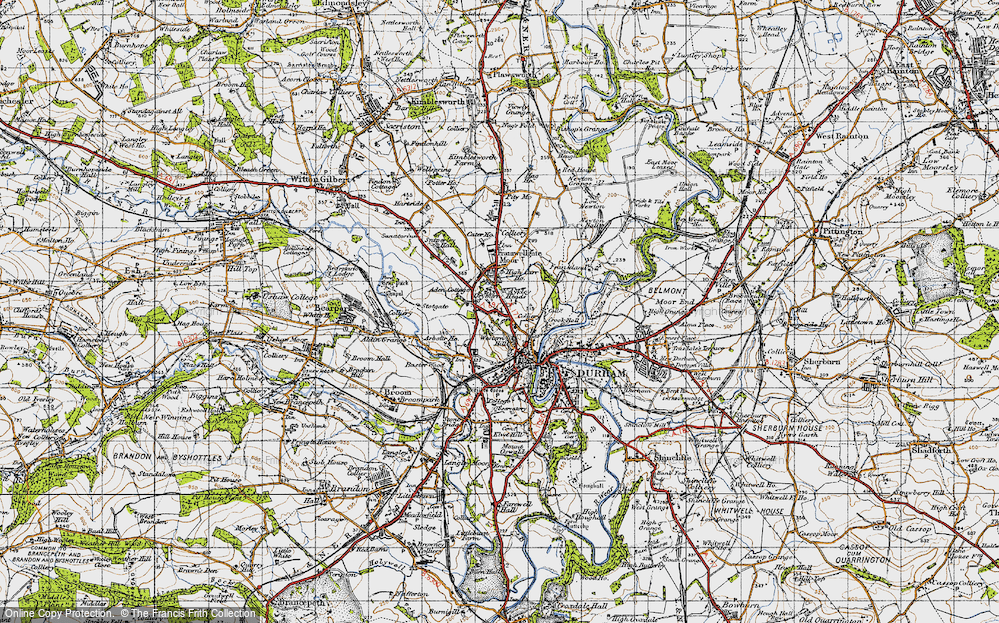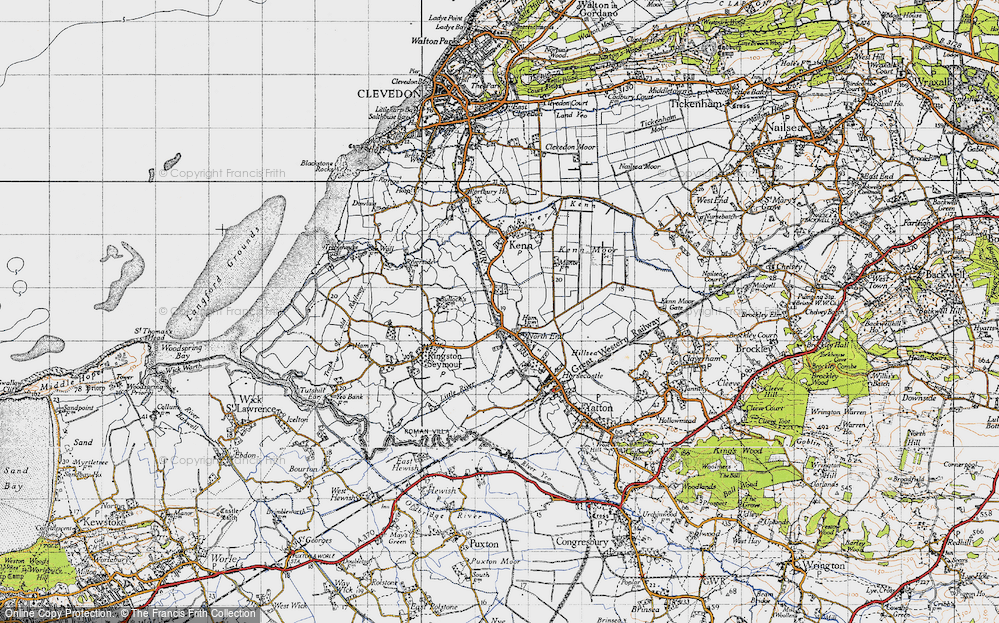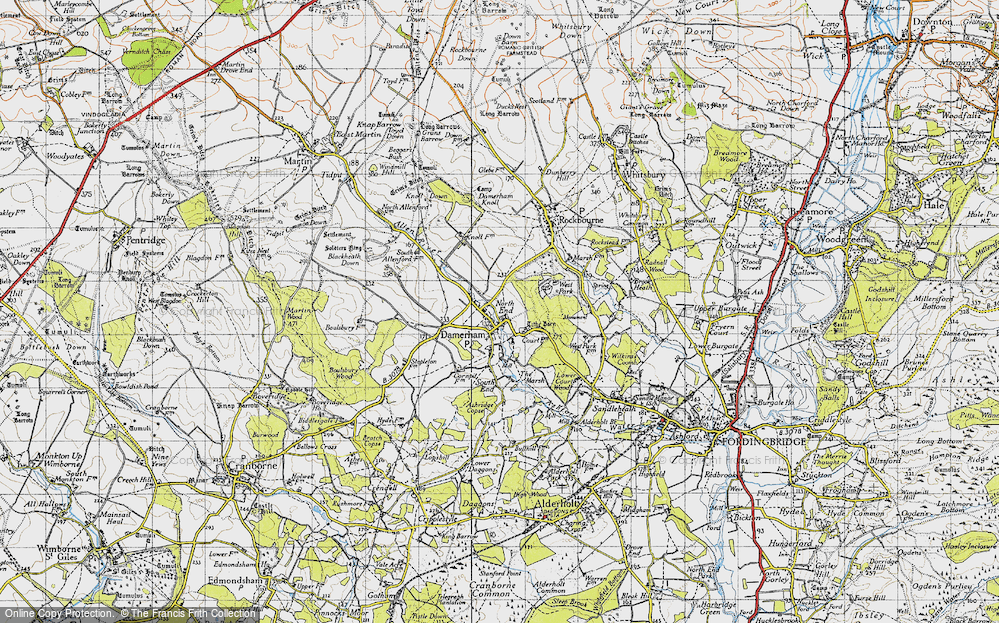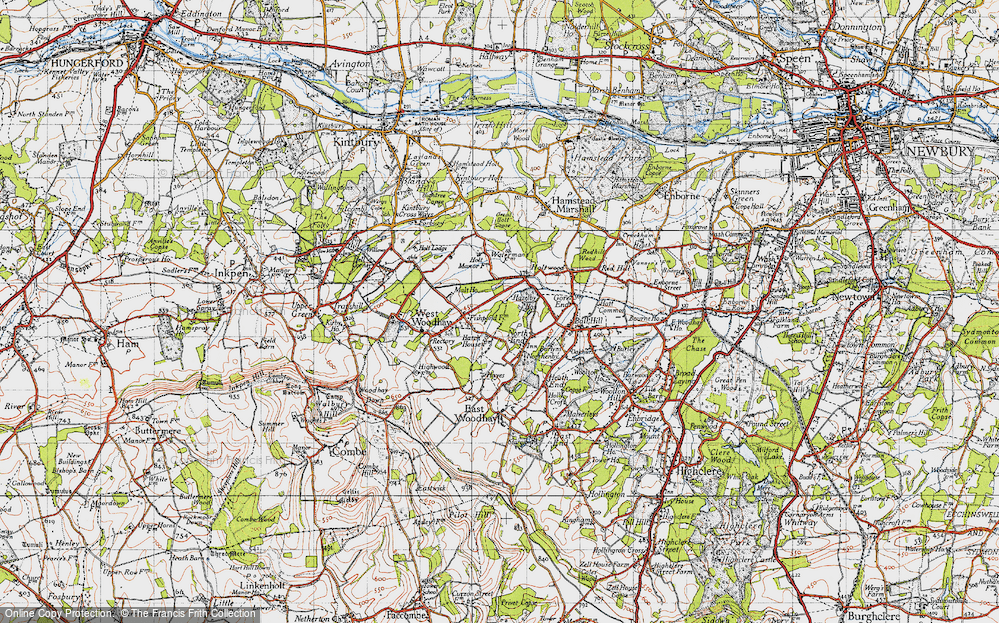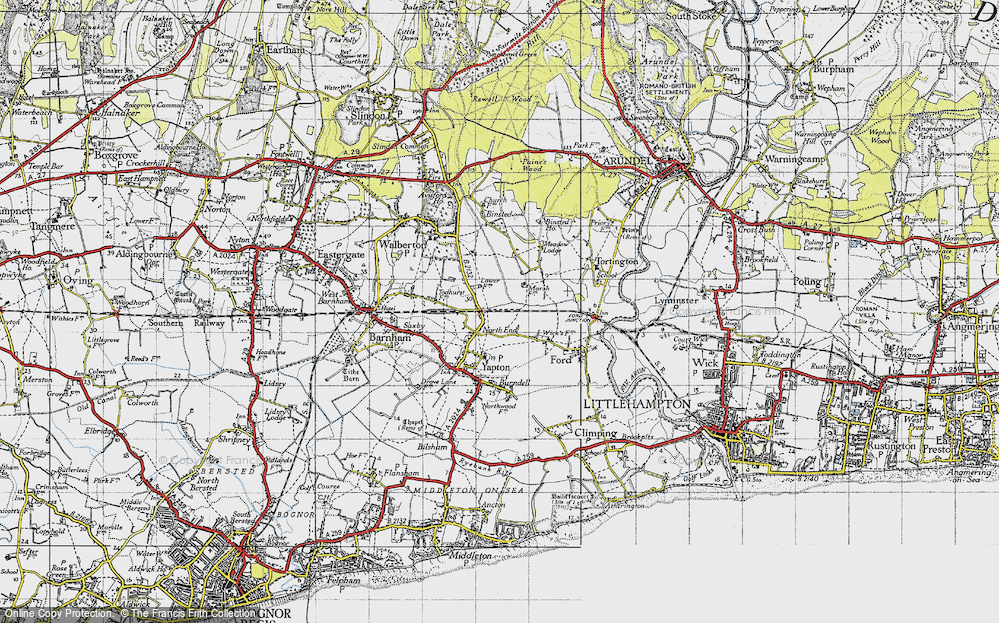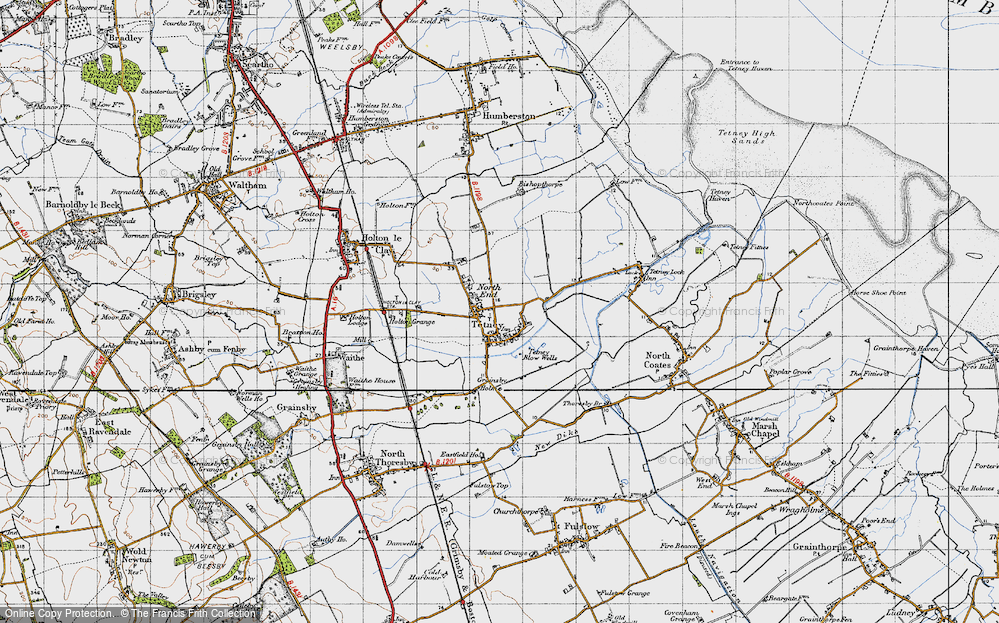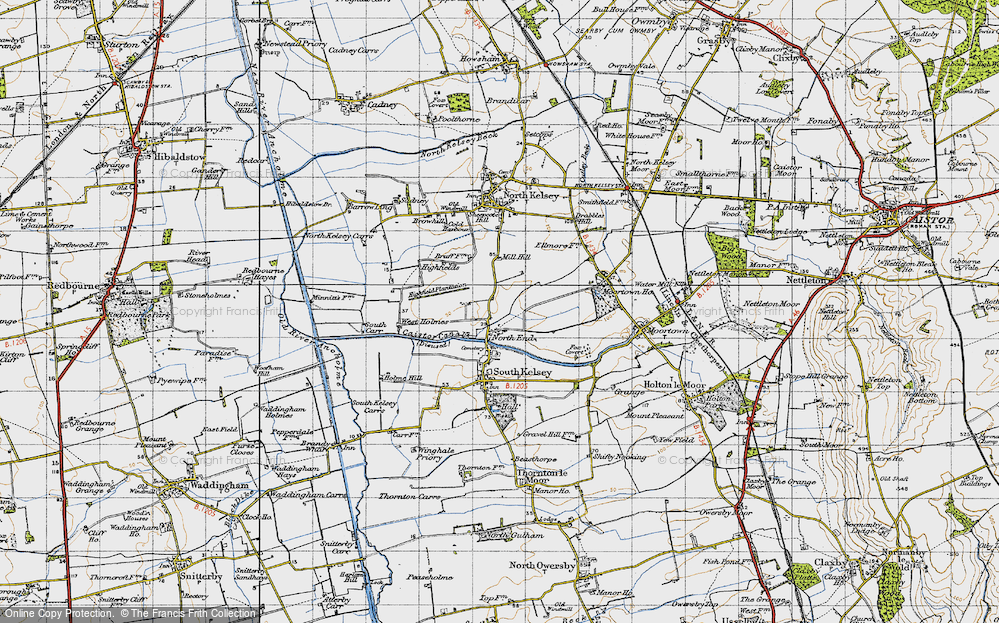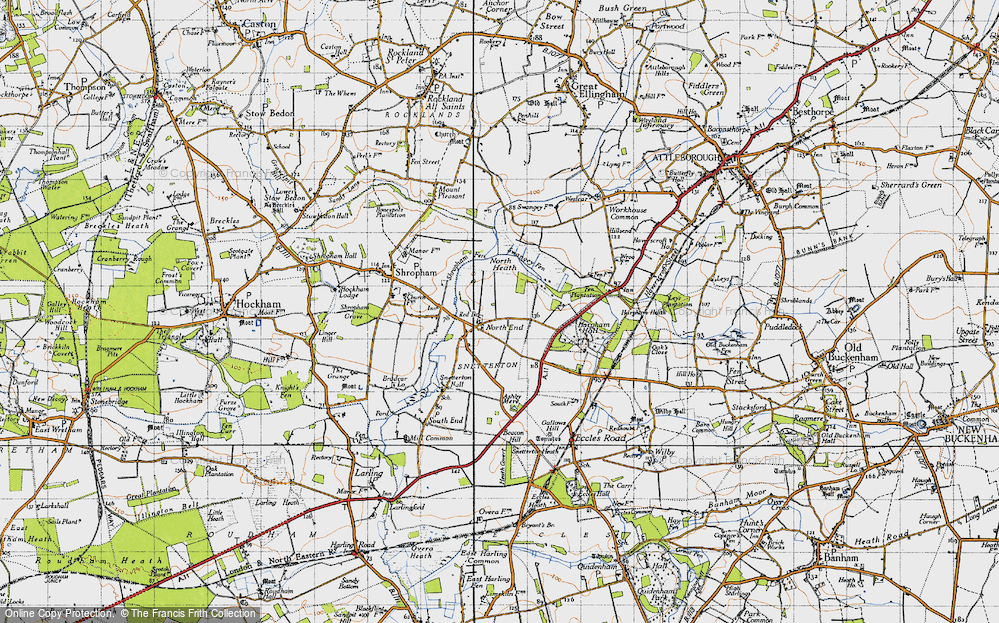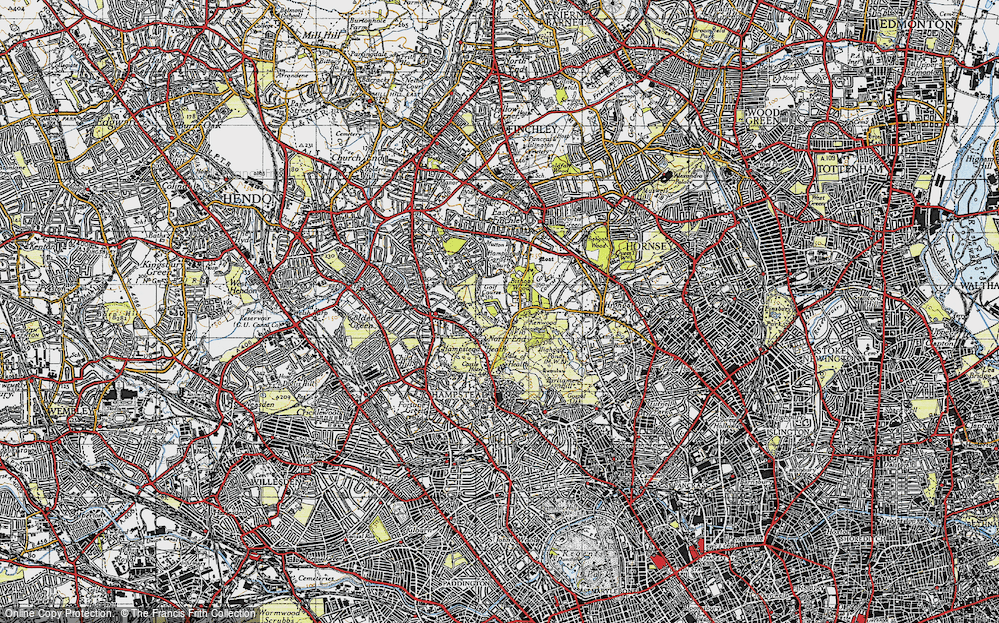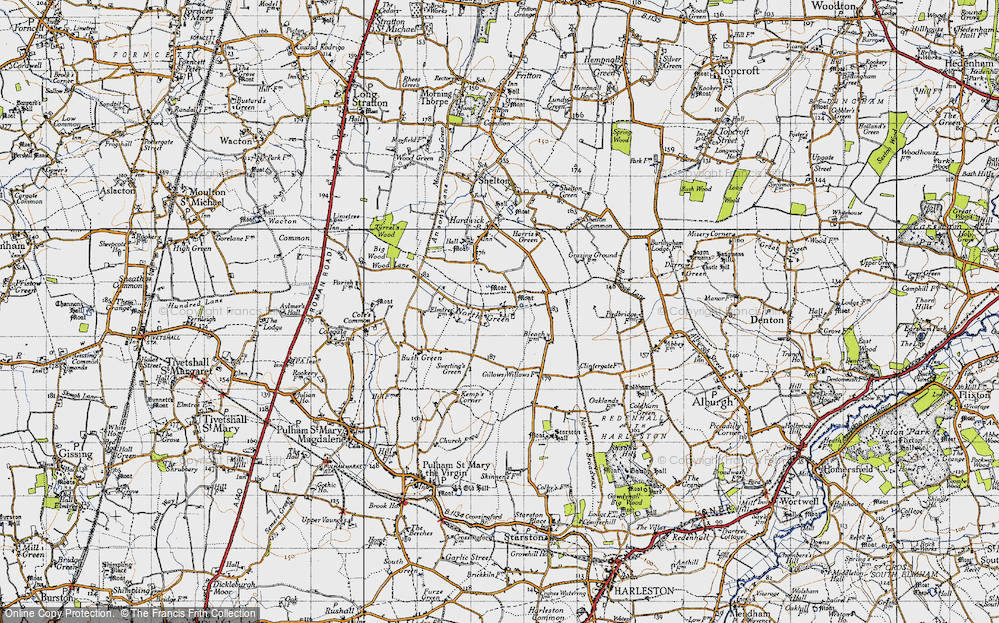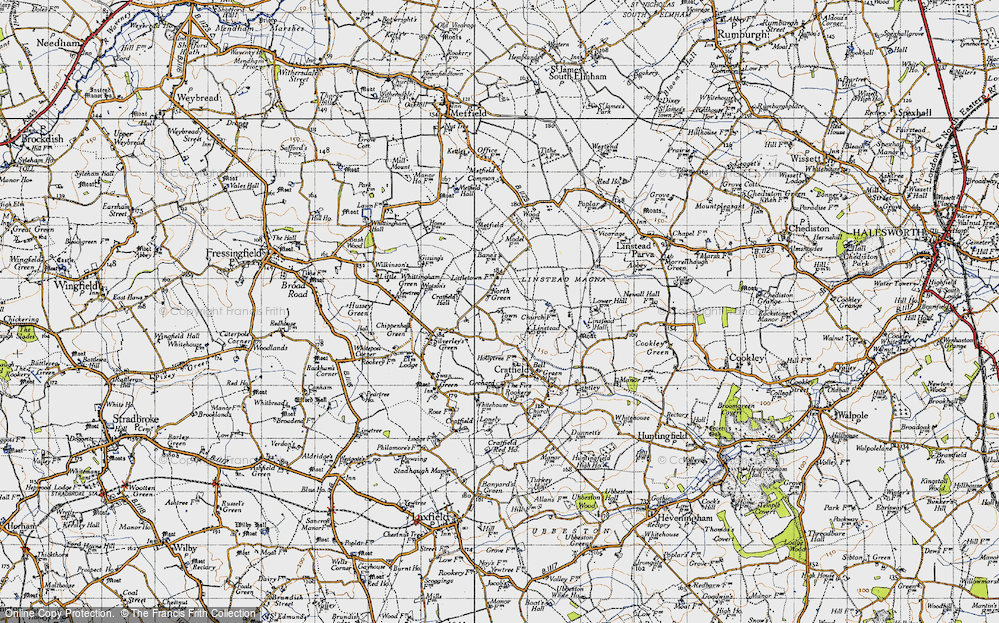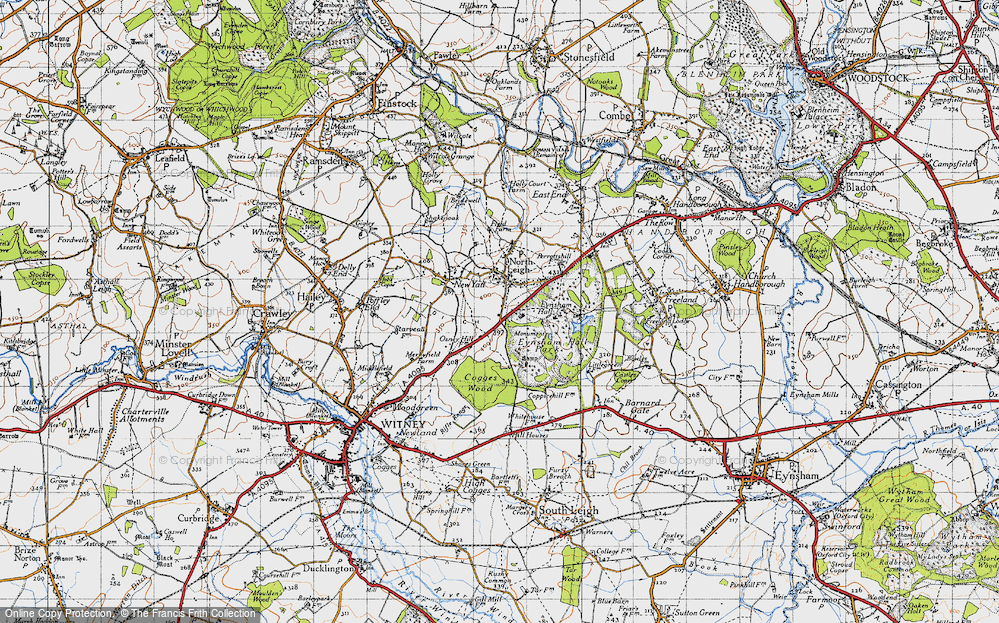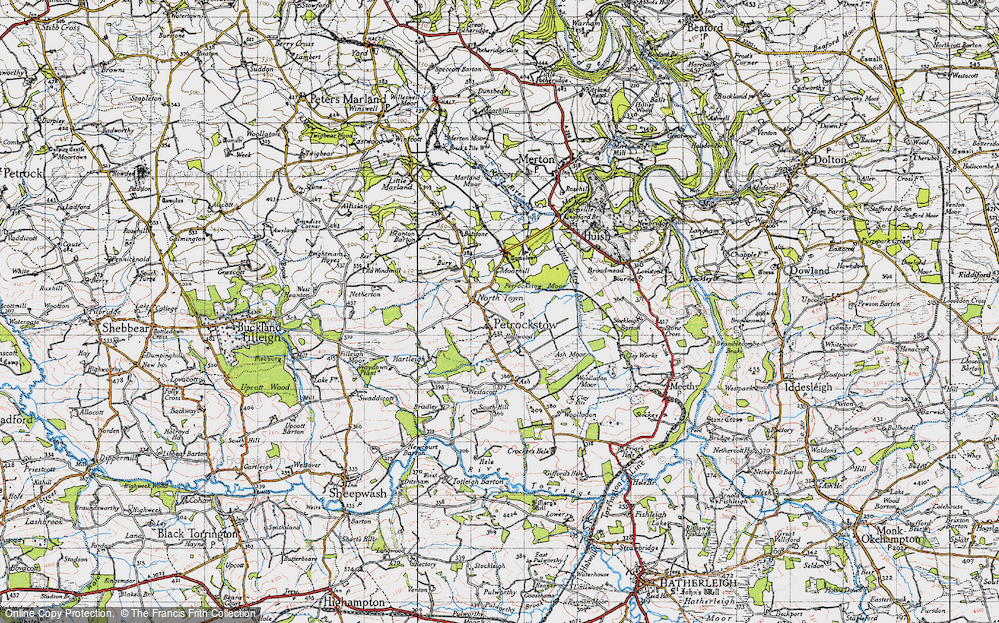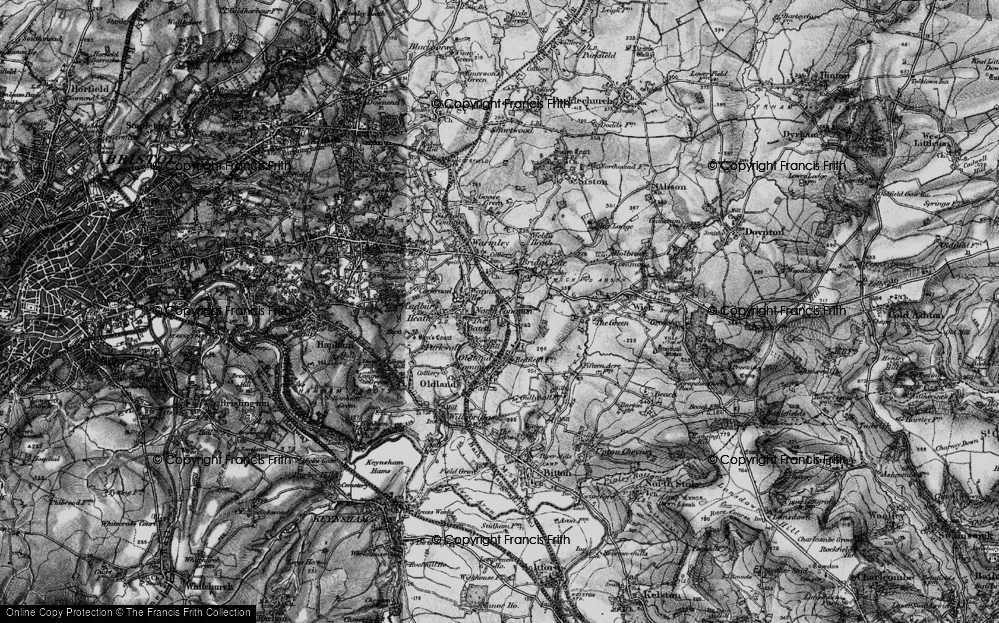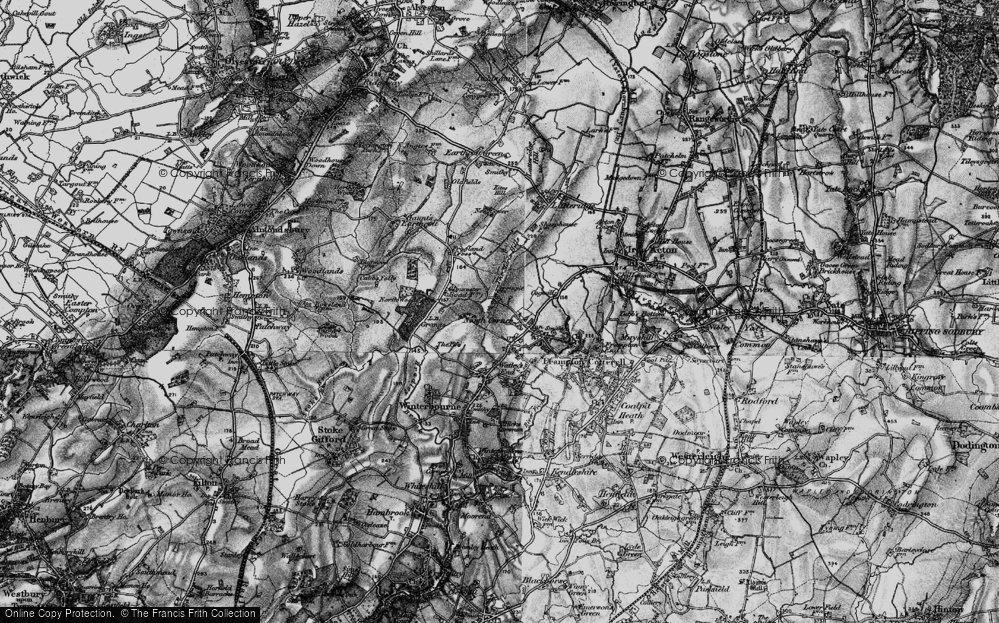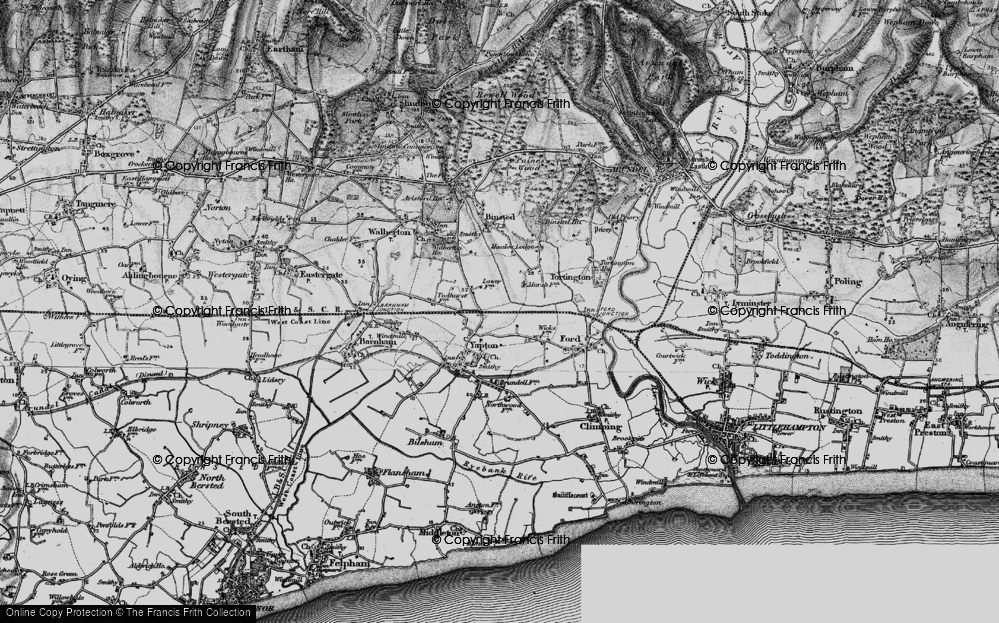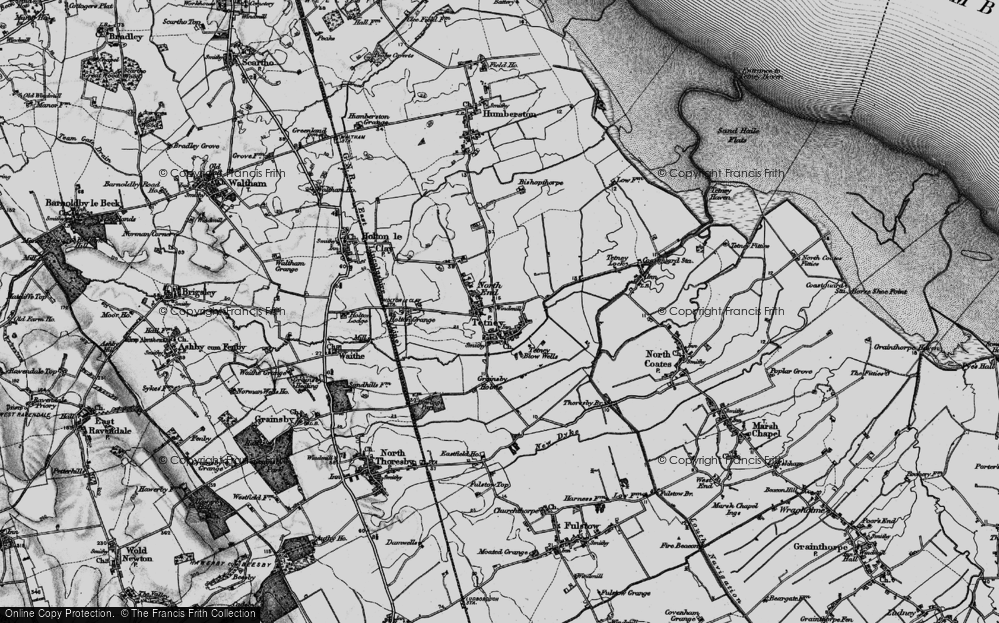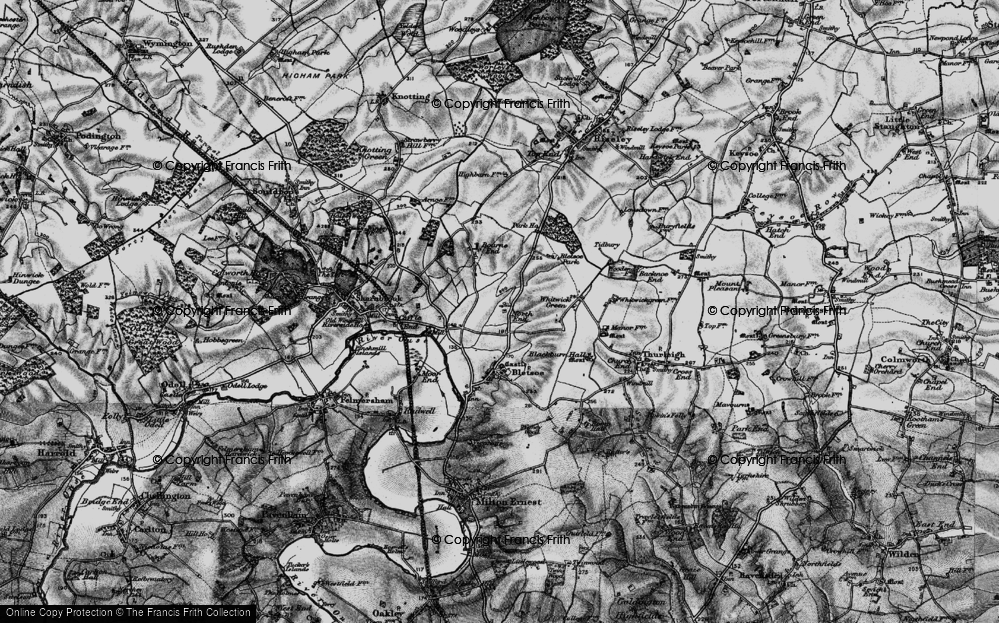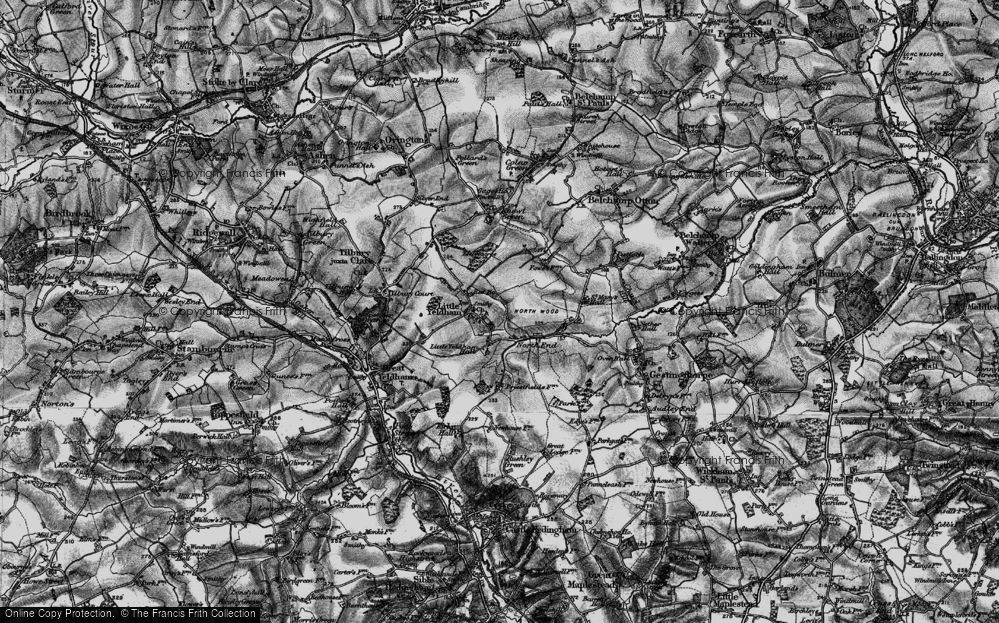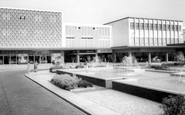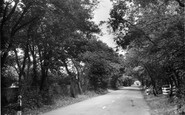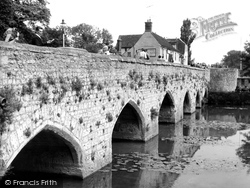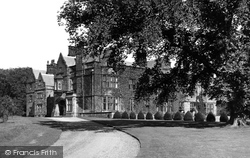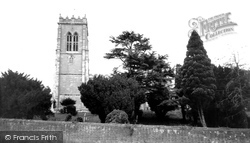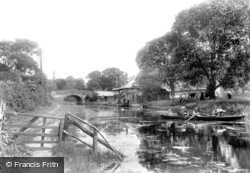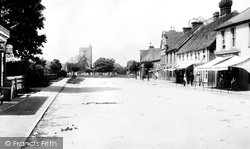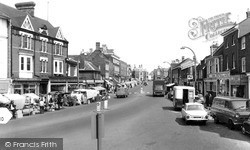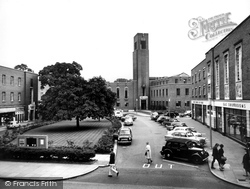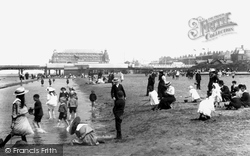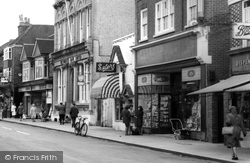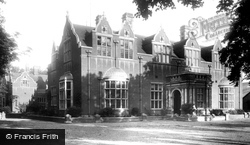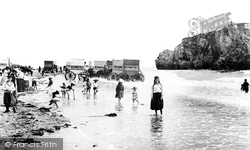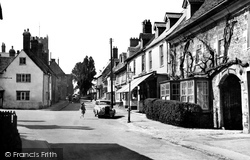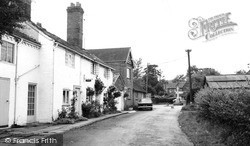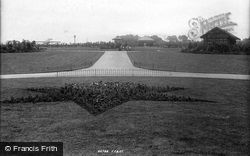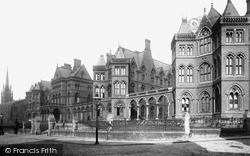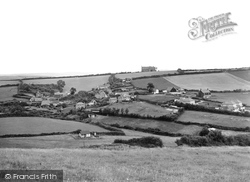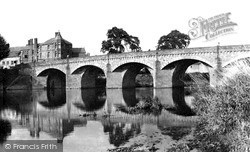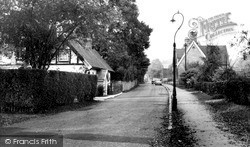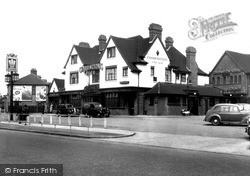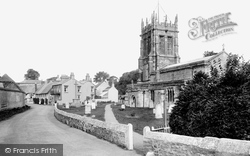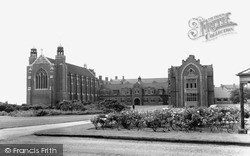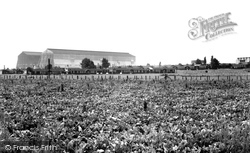Places
Sorry, no places were found that related to your search.
Did you mean: north ness or na h ness or nook ness ?
Photos
12 photos found. Showing results 1,141 to 12.
Maps
9,582 maps found.
Books
Sorry, no books were found that related to your search.
Memories
4,597 memories found. Showing results 571 to 580.
The Ghost On Station Road
I lived at 59 Station Road, Royston. My parents moved there in the very early 1960's and I was born in 1969 and my brother David in 1972. It was a semi, with what seemed to be a garden that went on forever. I was ...Read more
A memory of Royston by
Building The New Shopping Centre
I was born near COventry in 1948 and we move to Olton in 1952. After I left school in late 1965 I got a job as a labourer with C Bryant & Sons on the new Solihull shopping centre, and a few weeks later head office ...Read more
A memory of Solihull by
Growing Up In The 70's
I moved to Pantymwyn in the 70s when I was 4. I have wonderful memories of growing up there. So much so that after 20 years of travels and adventures I have once again returned to live in our beautiful village. One time I ...Read more
A memory of Pantymwyn by
Happy Days In Blakes Lane
Way back in the 1940's,on a pre arranged Saturday and as a young lad who was very interested in athletics at the time, I would walk from my home, that was at the bottom of Seaforth Avenue (Number 34),up to Blakes Lane to ...Read more
A memory of New Malden by
Redheugh Conundrum
Hello. Newbie here. Found site during an attempt to clear up some confusion on a Teams, Gateshead FB page. Is anyone out there an old pupil of Redheugh School, in Prest Street, during 50s and 60s? If so, you might be able to ...Read more
A memory of Gateshead by
A Miners Son Growing Up
IT'S DIFFICULT TO IMAGINE OVER 55 YEARS HAVE PAST SINCE I WAS LAST IN PEN-Y-BANK. MY FATHER WAS A COAL GETTER IN MORGANS LEVELS, A HARD MAN THAT WENT BY THE NAME OF LEN THOMAS, OR BETTER KNOWN AS LT. I WAS ONLY 8 YEARS OF AGE ...Read more
A memory of Pen-y-bank by
Upper Boat Hutments.
I lived in Upper Boat from when the prefabs were originally built.I lived in Islwyn Rd.Rawlings was the local shop.Mr Ken Rawlings was also very involved with the community putting on local shows with the local children.It was a ...Read more
A memory of Upper Boat
Upper Boat Hutments.
I lived in Upper Boat from when the prefabs were originally built.I lived in Islwyn Rd.Rawlings was the local shop.Mr Ken Rawlings was also very involved with the community putting on local shows with the local children.It was a ...Read more
A memory of Upper Boat
What Should We Have For Tea
My aunt could make a meal from practically nothing, and those war years really put her cooking to the test. No choice of meat in the butchers, if you were at the end of the queue you took pot luck with what was left. One ...Read more
A memory of Pentraeth by
William H Johnson's Memories Of New Waltham Primary School In The 1930's
I lived in Station Road from 1932 to 1943 and attended the Primary School until 1935. I walked to school and remember often having to wait for trains at the level crossing. ...Read more
A memory of New Waltham by
Captions
1,652 captions found. Showing results 1,369 to 1,392.
Both towns obtained borough status in the 1550s.
After the building of a purpose- built home in another part of the town, Gisborough Hall was turned into a restaurant, and following a recent major refurbishment and extension project,
The church of St Peter and St Paul, another of the marshland churches, is located by the side of the A158 main road to Skegness - during the summer this is a very busy road indeed.
It was never a financial success because of its rural course, and the success of the Kennet & Avon Canal put paid to the owners' hopes.
The Perpendicular church of St Peter and Paul dates back in part to the 13th century, and the upper part of its porch was once used as a prison.
The Black Lion public house on the right was originally on the opposite side of the road. In 1793, the site that now carries the name was known as the Sow and Pigs.
The superb building, enhanced by attention to detail both outside and inside, stands proud behind a somewhat bland grassed forecourt.
As we can see from this picture, the concept of clothes for purely leisure activities was unknown to the vast majority of people.
Petersfield now has both open-air and enclosed swimming pools, together with a sports centre which is named after the town's annual Taro Fair.
Now Bedford High School for Girls, this fine building originally housed both the High School and the girls' Modern School.
which is crowned by the ruins of the old castle, and is now pleasantly laid out with walks which serve at once as pier and promenade, and from which are commanded fine views of the bays on either hand … Both
which is crowned by the ruins of the old castle, and is now pleasantly laid out with walks which serve at once as pier and promenade, and from which are commanded fine views of the bays on either hand … Both
On the left the former Rifleman's Arms, then a private house, occupies the corner in the Market Square. This was later demolished, and today is a raised area with seats.
Another infamous resident was Lady Luxborough, whose husband hid her away there in 1736 because she had been scandalising London.
To the right there is another shelter, but this has been removed. The small structure on the right was a bandstand.
This imposing brick building was built in the Gothic style to the design of George Gilbert Scott in 1868. In the distance is St George's church, another Victorian creation.
This is another view of Lower Eype from further to the south-west, closer to the cliff above Lyme Bay, looking inland to Mount Lane and St Peter's Church (centre).
The beautiful bridge at Monmouth is perhaps less famous than its sister Monnow Bridge, but it is still nevertheless performing admirable service here. It was rebuilt in 1617.
Ferriby House dates from 1775, and both Ferriby Hall and the manor house still stand.
It is regrettable that the large brewery chains have generally done away with both the fittings and the furniture in order to create the new family pub of the 21st century.
The poignant recent addition to the churchyard view is the war memorial (with cross, left).
It opened in 1895 as St Cuthbert's College, and was the sixth of the public schools founded by Nathaniel Woodard (Lancing College in Sussex was another).
The church of St Peter and St Paul, another of the marshland churches, is located by the side of the A158 main road to Skegness - during the summer this is a very busy road indeed.
We conclude the tour with another reference to manned flight, in this case airships.
Places (0)
Photos (12)
Memories (4597)
Books (0)
Maps (9582)




